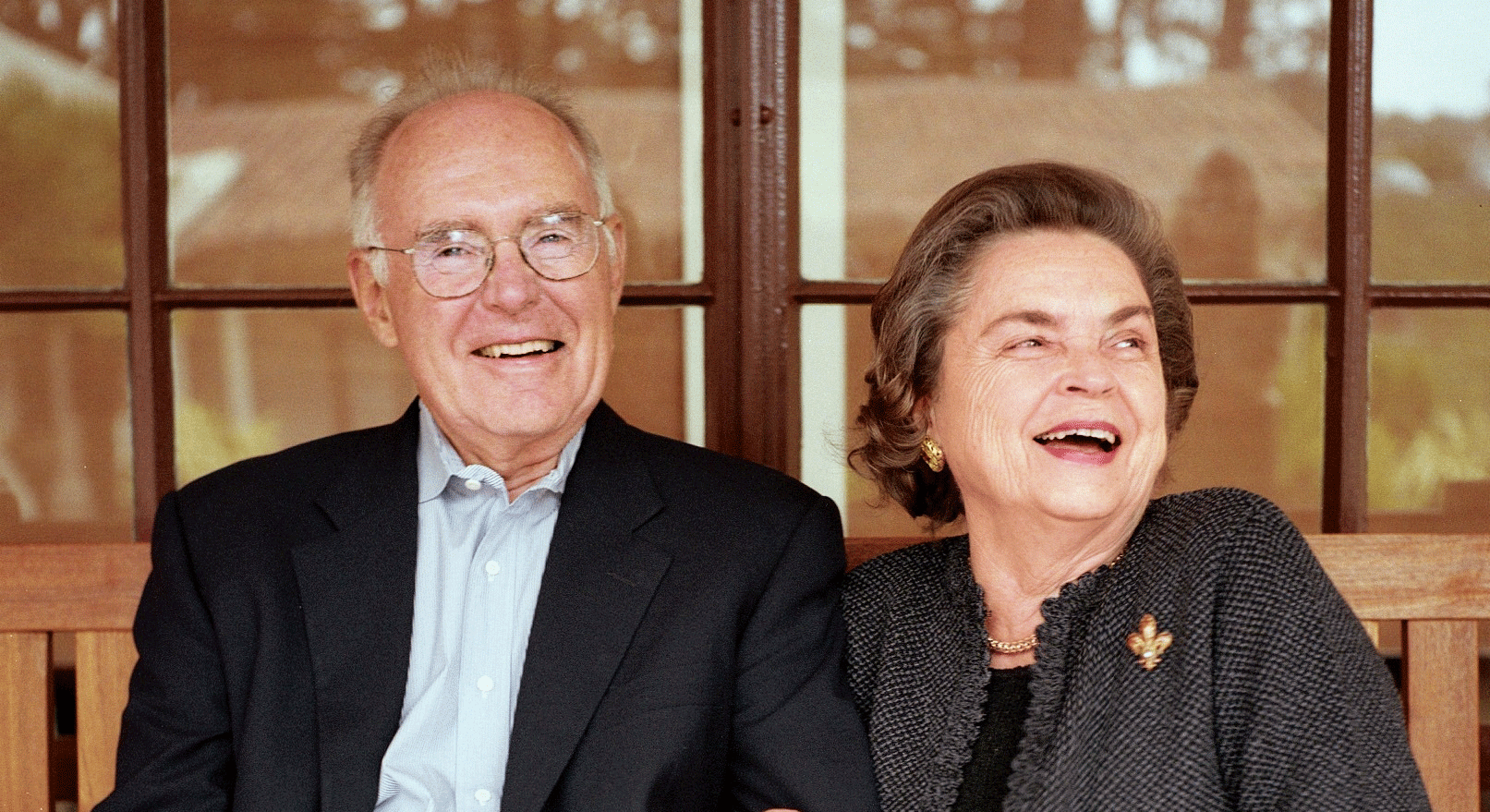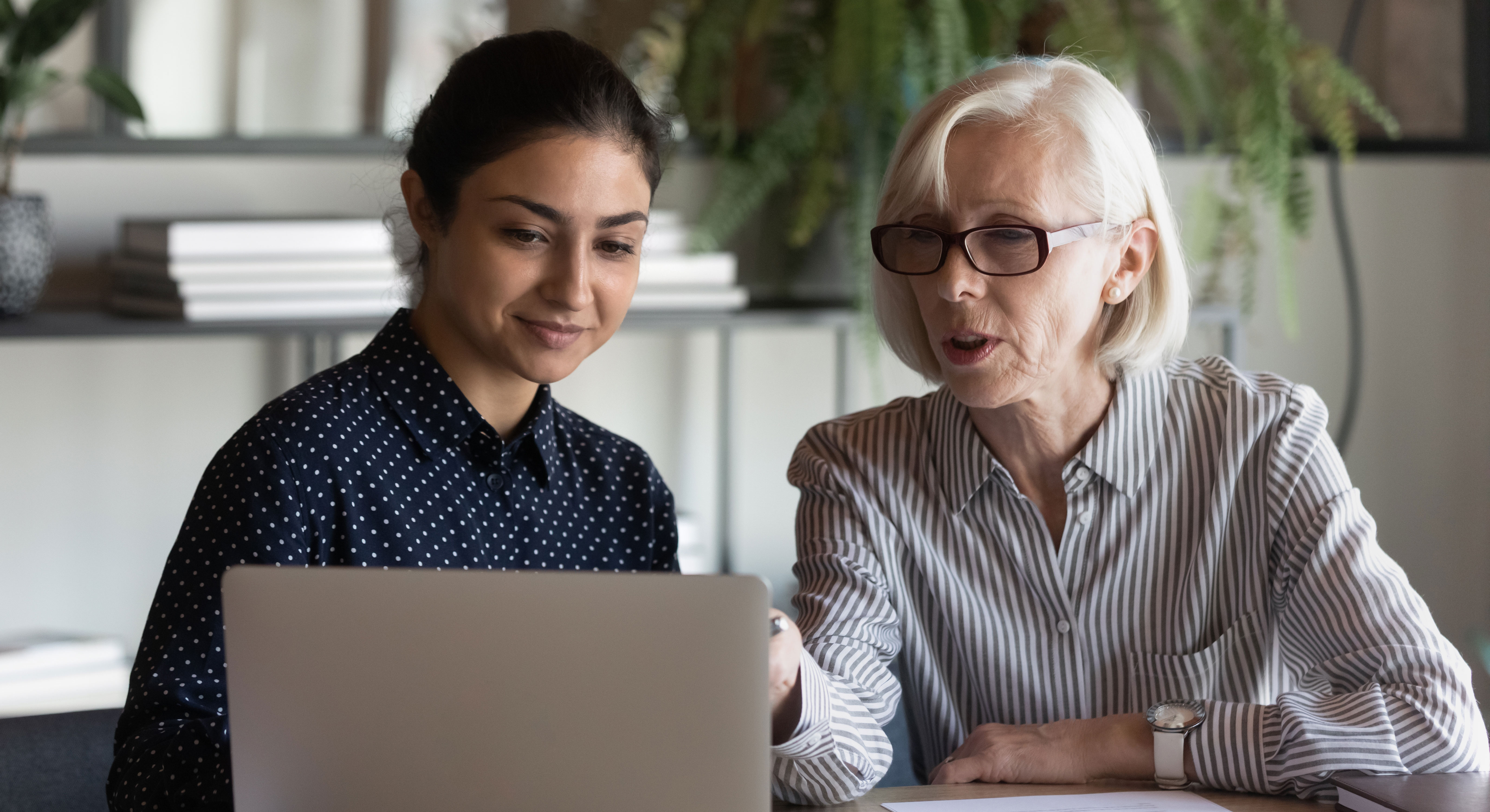A decade ago, Bob and Kinzie Murphy’s life took an unexpected turn. Bob Murphy’s unmarried younger sister went through life-changing circumstances after retiring from teaching, which forced them onto a new path: that of caregivers.
“It was dragging us down mentally and physically. You can’t imagine how many nights the phone rang at midnight or 1 a.m. or we lay awake waiting for it to ring. We didn’t have systems in place,” said 82-year-old Bob Murphy, who lives in Sacramento with his wife, Kinzie. “I’m not a caregiver. I spent 40 years in law practice, but taking care of her was exhausting.”
His sister’s health challenges stemmed from diabetes, chronic medical problems and depression. The Murphy’s found themselves handling the pharmacy and doctor visits, working to get a power of attorney and medical directives, managing changes in health insurance and helping with her finances and taxes and, ultimately, finding her a new place to live.
“It’s exhausting and you go crazy,” admitted Kinzie Murphy. “It was not until we turned to UC Davis that we were finally able to let go of being overachiever caregivers and found excellent elder case managers.”
Alone in a sea of 53 million people
An estimated 53 million individuals provide care to aging family members or friends in the U.S. But the Murphy’s felt alone dealing with it personally each day. After juggling the myriads of challenges that come with being a caregiver, the Murphy’s realized they needed help. But where to find it, they had no clue.
Their search led to the Family Caregiving Institute at the Betty Irene Moore School of Nursing at UC Davis. Established in 2017 by a $5 million grant from the Gordon and Betty Moore Foundation, the institute is a world-class group of clinicians, educators and researchers who strive to support those who provide care across the country. They provide tools to support the basic needs of caring for someone in the home, examine best practices and methods to support caregivers and partner with caregiving-related agencies to evaluate and improve their interventions.
“At some point in everyone’s life, they are going to have to take care of a loved one or a friend. Those at the Institute are developing these resources and working with communities to provide the information to help everyone,” Murphy said.
One example of that work of the Institute’s program and policy evaluation unit, led by Heather M. Young and Janice Bell. Young and Bell worked in conjunction with the Family Caregiver Alliance and California Caregiver Resource Centers (CRCC) to expand and improve family caregiver services from the 11 centers. The study gathered information to help the CRCCs prioritize outreach and service for those most in need.
Giving back to help others like them
The Murphy’s believe so much in work like that, they chose to invest $33,000 to support the research that, they hope, will eventually trickle down into clinical practice and help others, like them.
“From a donor-centric point of view, funds going to the institute can help find the best way to research ways of disseminating their research and getting it out into the community in a timely fashion,” Bob Murphy said. “They know how to do it.”
Fundraising leaders at the School of Nursing say it’s this kind of investment that exponentially expands the impact of the school’s research and expertise.
“The Murphys believe in the Family Caregiving Institute's vision of advancing the optimal health and well-being of family caregivers and those in their care. Their investment in research advances caregiving while providing community education. We extend our deepest gratitude for their gift to critical research funding,” said Jimilynn Dorough, managing senior director of development.
While the Murphy’s gift to the School of Nursing expands the impact of future research, they remain committed in their day-to-day lives of ensuring his sister has the best care she can get.
“Thanks to faculty from the School of Nursing, I got the counseling I needed and we were directed to resources we could use. For now, my sister is stable, thank goodness,” Bob Murphy said. “Our support is so researchers can figure out what the clinician and caregiver need, along with the data that works, and to move it downstream as quickly as possible.”





